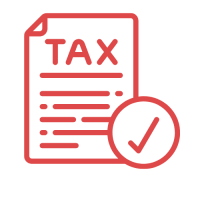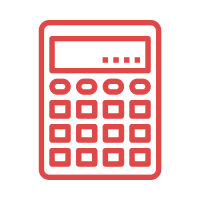The geographical area of your business can affect operating costs and, ultimately, how much you make. Here are three important factors to consider when establishing a location for your business.
Location
Is the location of your business’s physical space close to your prospective customers? Is it in an area that sees foot traffic, available to your target market/demographic or is otherwise suitable to your needs? The physical location of your business should take into consideration the product that you are hoping to sell and the needs of the area around you. For example, a clothing store that specialises in ski clothing may not necessarily be appropriate for a town in Cairns on the beach, but a swimwear outlet may be more suitable.
Your digital location also needs to be available and accessible for your customers to be able to find you online. Providing business cards to prospective customers and promoting the website in-store can give them options and opportunities to purchase.
Can You Solve The Customer’s Immediate Problem?
What is the problem that your customer is facing that only your business/product can resolve? Your customer is seeking your services because they are trying to solve a problem that you will help them overcome. That is the reason they need to have access to you and your business.
If you do not have any customer problems, it means you have no business to offer them. If you have a product they need but can’t afford, they can always afford other products that your product can complement.
What Are The Business Costs In The Area?
The greater the demand for your product or service, the higher your prices may be.
Three areas will likely increase your costs: gross sales, revenue and income taxes. This will likely affect how your products will be priced, which may affect whether your customers choose to purchase your products.
You may also have to take into account rent, utilities, supply chain costs and more.












